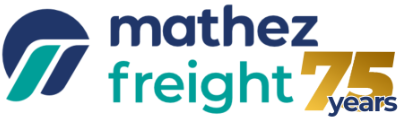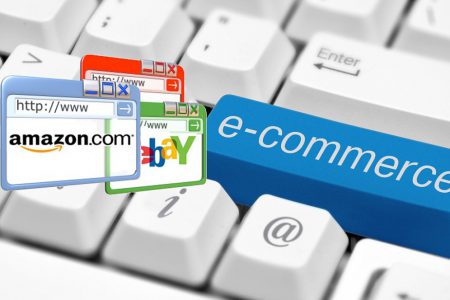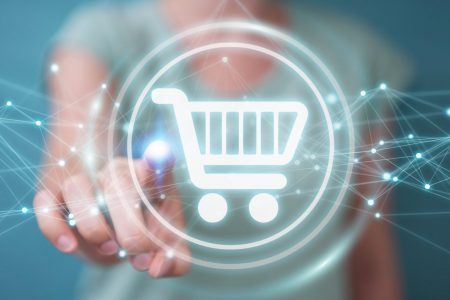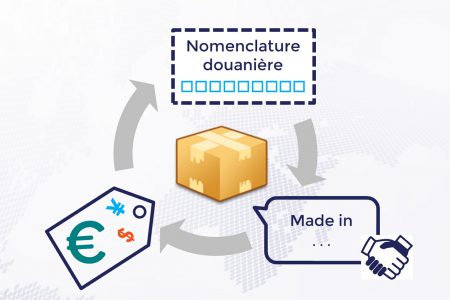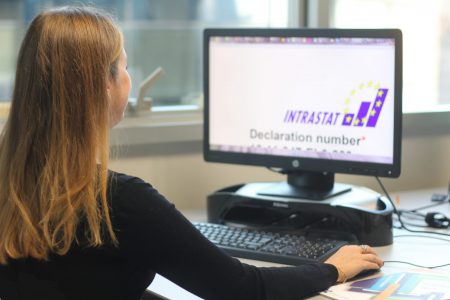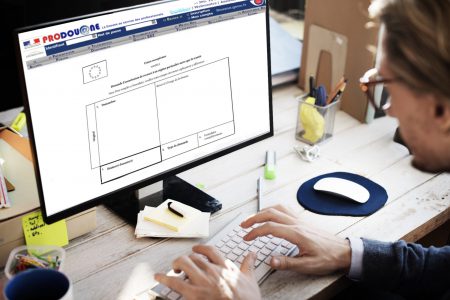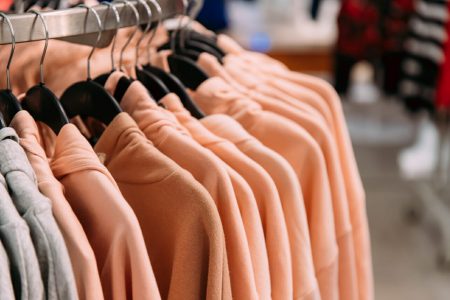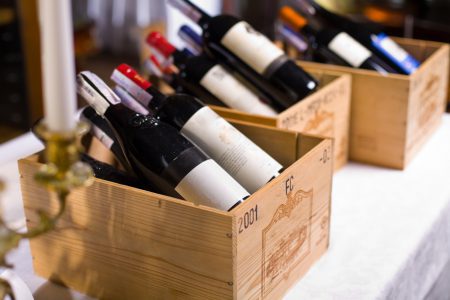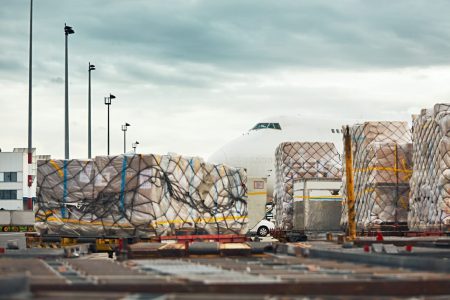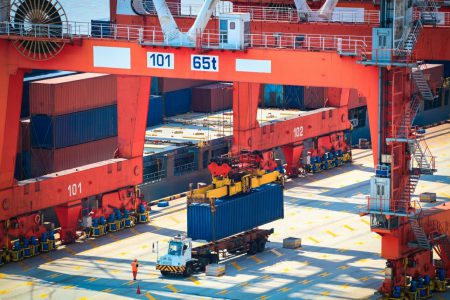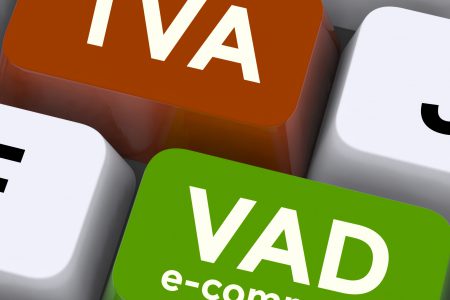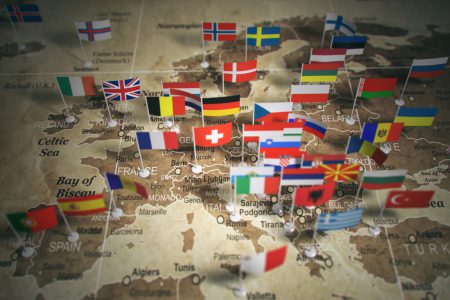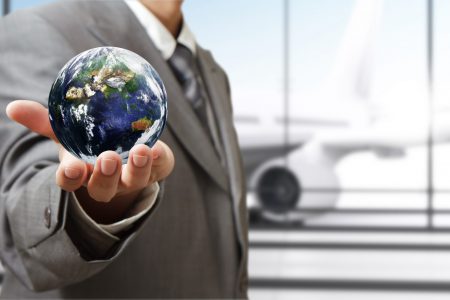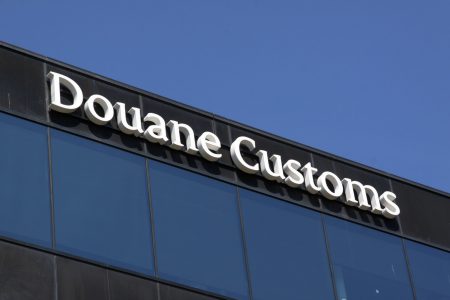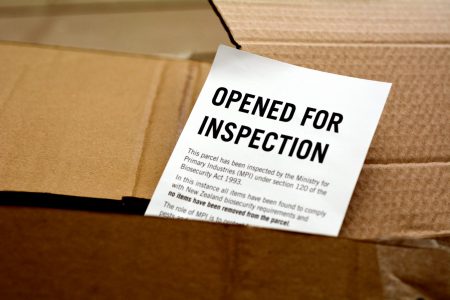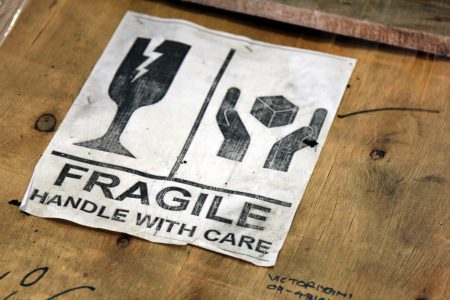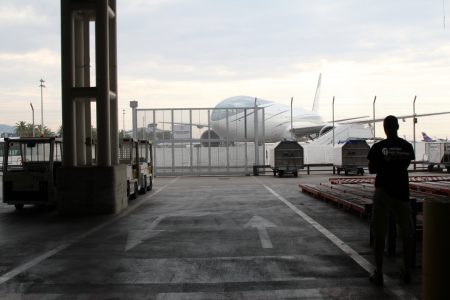Logistics solutions for e-commerce

customized solutions for e-commerce and distance selling
The distribution model is evolving and tending to become shorter in the extreme. The final consumer is now in a commercial relationship with the manufacturer, thus cutting out the middlemen, in particular wholesalers and distributors. The supply chain becomes critical. Some of them manage single parcel deliveries by La Poste or express delivery companies, from China to the consumer in Europe. Others will have volumes and logistical complexity that justify using a freight forwarder toreduce unit distribution costs. MATHEZ FREIGHT is at your disposal to study your flows and the possible optimizations.
-
Import: preparation of orders abroad then massification of airor sea freightflows and splitting of orders on arrival.
-
Analysis of your flows, products and applicable customs regulations, and of your distribution needs to create an adapted transport solution.
-
Management of returns(reverse logistics).
-
VAT administrative solutions for e-merchants: registration of a VAT number in all EU countries and some non-EU countries, Importer of Record, VAT fiscal representation, exchange of goods declaration (DEB), Intrastat declarations.
-
Door-to-door transport using the most suitable means (post, express, carrier, maritime, etc.) guaranteeing end-to-end product traceability .
-
For export, we carry out purchases, packaging and supplier groupings on behalf of foreign customers with a view to regular dispatch abroad (in particular to China).
AttentionOur e-commerce solutions are applied to known products, controlled and scrupulously respecting the customs rules of conformity CE, right of the marks, etc… for recurring flows.

Combining speed, flexibility, optimization and regulatory compliance is a daily challenge to adapt the most efficient logistics solutions to the dynamics of the new economy.
Your Guarantees & Benefits
The power of a specialized network
Negotiated tariffs
Cargo Tracking
Supply Chain Optimization
VAT & Customs Compliance
Request a Freight Quote
Frequently Asked Questions about e-commerce logistics
- 1
When do we need to carefully examine customs regulations for a particular product?
As soon as you consider importing a product, it is essential to check the applicable duties and taxes, as well as the related regulations, in order to avoid a dispute, reduce the customs risk and optimize your tax and customs operations.
In the event of any doubt, request a product customs classification (Binding Tariff Information).
All about Binding Tariff Information with MATHEZ FORMATION. - 2
Why choose a certified AEO-Full shipping agent?
The "AEO" accreditation (Authorized Economic Operator) is granted by the Customs Administration to companies that meet strict customs criteria and demonstrate consistent quality, compliance and reliability in the international supply chain.
Working with a " AEO - Full" freight forwarder gives you, as a shipper, the following advantages:
- Fewer physical and documentaryexaminations.
- Priority examination and clearance of your goods.
- Recognised status in the European Union as a whole and in the world as a whole.
Since 2013, MATHEZ FREIGHT benefits from the AEO-Full status, which includes the AEO "customs simplification" certificate and the AEO "security-safety" certificate. When you work with MATHEZ FREIGHT, you can be assured that all your customs operations throughout the EU and beyond will be carried out accurately, reliably and professionally, to the highest standards.
- 3
Some products contain lithium batteries, what are the constraints for the transport?
From mobile phones and electrically assisted bicycles to children's toys and notebooks, a wide variety of products today contain lithium batteries. Not declaring them can have significant consequences.
Following several serious incidents caused by these batteries, the International Air Transport Association(IATA) has defined specific standards for the transport of lithium batteries. Each airline has adopted these standards with its own definitions and restrictions, and some destinations have specific packaging and wrapping requirements.
The conditions for transporting batteries can thus vary according to the size of the batteries, their Watt/Hour power for some (lithium ion, polymer, iron phosphate (Life PO4) type batteries, etc.) or their lithium content measured in grams for others (lithium metal, lithium alloy batteries, etc.). Defective or damaged devices or lithium batteries are generally not allowed to be transported.
All these restrictions change frequently (almost every 4 months).We are here to advise you on the possibility of shipping or importing lithium batteries by air. Tell us the nature of the battery, the power and the quantity of batteries to be transported, the desired routing, and we will answer you about the possibilities of transport by air or, failing that, multimodal, land or sea. Contact us for more information!
- 4
Which VAT obligations apply to e-commerce companies?
Online sales platforms (Amazon, Ebay, etc.) generally require merchants to have a VAT number when they register on their marketplace to sell goods or services in Europe. E-traders who make sales within the European Union must have a VAT number in each of the countries concerned as soon as their annual sales exceed a certain threshold, defined in each country. In addition to VAT registration, e-traders must:
- apply the VAT rates (standard or reduced) defined in each country,
- Complete periodic declarations(VAT returns, intrastat, ESL), to ensure their VAT compliance in each country.
To fulfil these obligations, it is in their interest to appoint a tax representative. To find out more, consult with EASYTAX.
